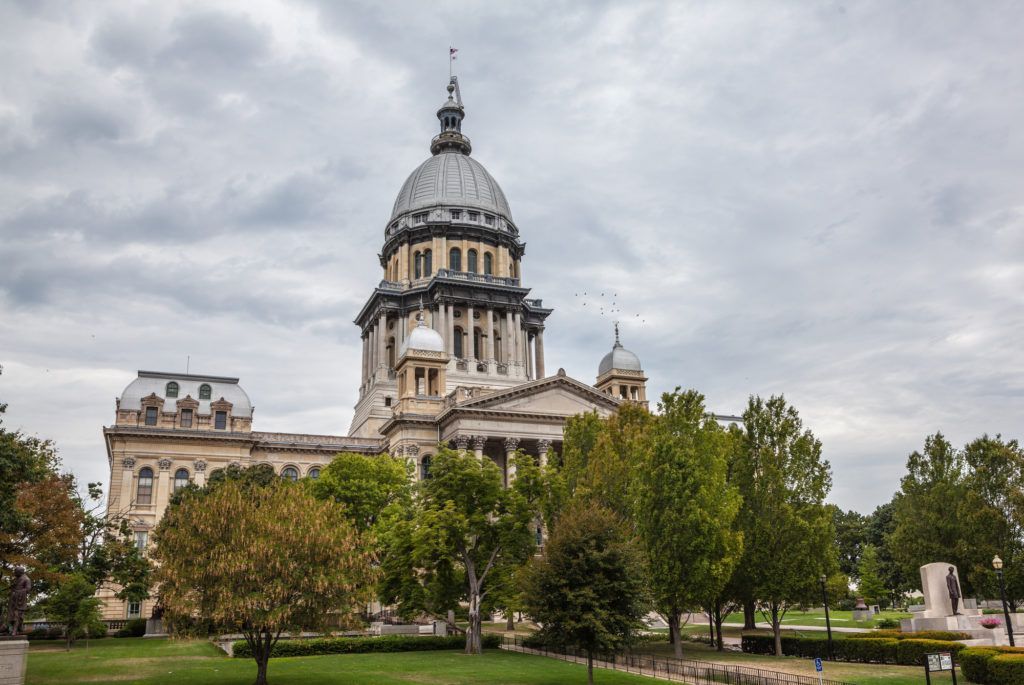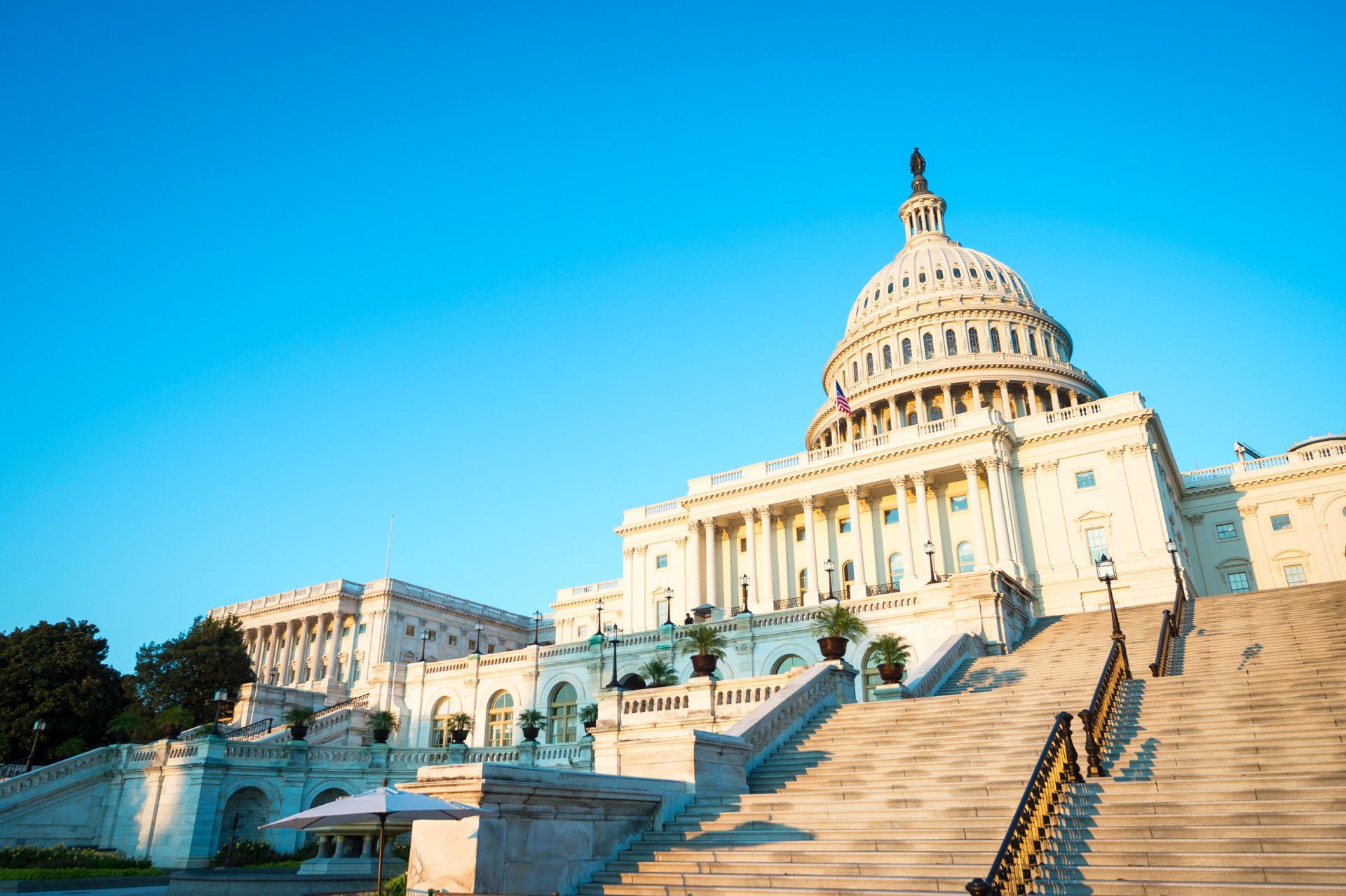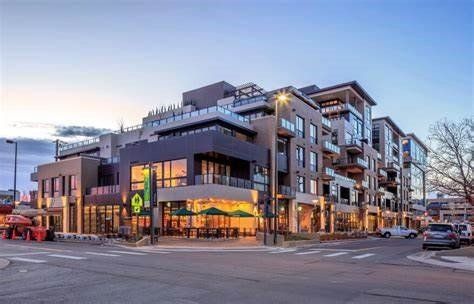
Coworking in Chicago and Its Suburbs

Coworking in Chicago and its suburbs has exploded in recent years. Since 2014, Chicago has seen a three-fold increase in coworking space. Total space in 2017 stood at about 2 million square feet and this year will likely see another 600,000 square feet come online—a major contrast to the 50,000 total square feet in Chicago ten years ago. As a result, Chicago is now home to many coworking companies both large and small, global and local.
As an example of the economic value of coworking companies, WeWork’s six Chicago locations alone generated nearly $2 billion a year in GDP in 2017 (comprising 1% of Chicago’s overall GDP). As innovative business models are refined and prove their worth, Shapiro & Associates’ clients are increasingly interested in coworking/ co-living concepts or seeking shared-use companies as tenants.
How Does Coworking Operate?
Most coworking companies sign long-term leases or purchase the building outright. The companies will then sell short-term memberships (mostly monthly but also daily and annual) to businesses or individuals. Many of the members are small businesses or startups. However, members also include major corporations such as Tesla, Amazon and Mercedes-Benz. Monthly plans vary in starting price from $220-750/month depending on location and type of desired works space such as a seat in a common area, a reserved desk, or private office.
As with most of real estate, coworking success centers on location. Larger companies have found members want a density of nearby amenities such as gyms, restaurants, coffee shops and nightlife thereby making coworking expansion easier in denser urban areas while requiring more strategic location decisions in suburban and secondary markets.
Benefits of Coworking in the Suburbs
Coworking spaces help attract startups to suburbs by offering flexible real estate. Specifically, many startups need high-quality space but flexible terms during early stages of growth. To incentivize coworking spaces, municipal officials in some suburbs often have more power or leverage in commercial parts of in downtown areas.
Suburban coworking spaces also create the collaborative value that denser urban areas inherently benefit from. Where many suburbs may lack public gathering spaces that promote the mixing of people and ideas, the community aspect of coworking spaces help fill that void at a lower price than coworking spaces in urban areas.
Value in Underutilized Spaces
Coworking operators are also beginning to share underutilized spaces, such as restaurants that are slow or not normally open during working hours. Companies like Spacious , WorkEatPlay , and KettleSpace partner with restaurants (and sometimes other venues such as hotels, museums, art galleries and even vacant retail) allow members to use empty tables for workspace while having the option to order meals. The lower cost and more flexibility of plans helps to fill the gap for many workers who are tired of bouncing around coffee shops and who cannot afford to pay for standalone coworking spaces.
Coworking Companies in the Suburbs of Chicago
Co-Optim is a local luxury coworking company that first opened in the northwest suburb of Deer Park in 2016 and recently opened a second location in Chicago’s West Loop. The Deer Park location now has over 150 members and the company plans to further expand in Chicago and in other major US cities. Other suburban coworking spaces include LifeWorking in Lake Forest , CoWorkers Link in Glenview , 25N Coworking in Arlington Heights and Geneva , Somerset Alpha Space in Lincolnwood , and Intelligent Office in Lincolnshire and Schaumburg .
Getting Zoning Approvals For Innovative Uses
The emergence of coworking and shared space is great example of the market meeting pent-up demand for more flexible work spaces. While much of the media attention goes to big companies in urban cores, there is much value to be realized from coworking in the suburbs. In many cases zoning may be an obstacle to newer and mixed uses involving coworking spaces. Shapiro & Associates has helped clients get entitlements for innovative uses like coworking. We are happy to discuss any questions you may have about getting approvals for your own business ideas.

CONTACT US TODAY
Contact Us
We will get back to you as soon as possible.
Please try again later.
LOCATION
570 Lake Cook Road, Unit 119
Deerfield, IL 60015
Shapiro & Associates Law | All Rights Reserved |
Created by Olive + Ash.
Managed by Olive Street Design.









